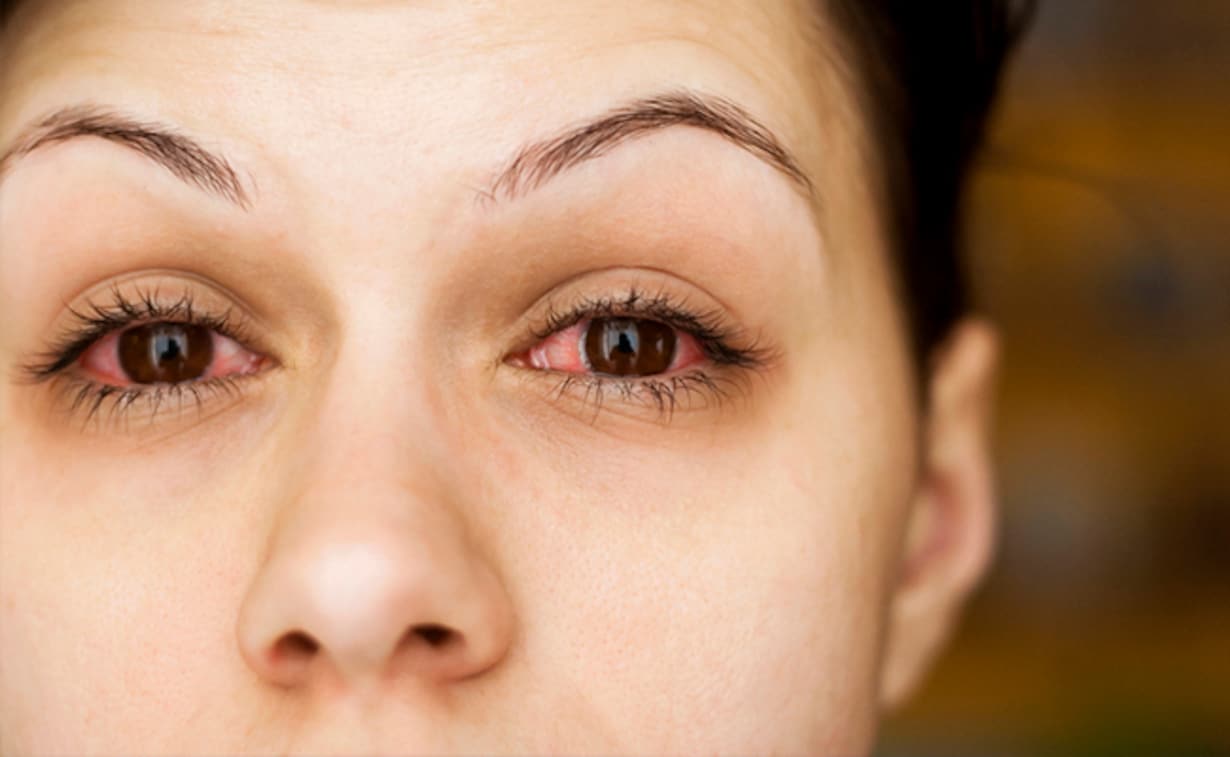Harshita Mathur, Pune
Over the past few weeks, Delhi and the NCR regions, amid heavy rainfall, have reported a surge in cases of Conjunctivitis. Doctors and the government have asked the residents of the national capital to take the necessary precautions.
Dr. JS Titiyal, the head of the RP Centre for Ophthalmic Sciences at AIIMS, Delhi, told Mint that the monsoon season is the harbinger of this virus and other types of flu, as the city is reporting more than 100 cases of conjunctivitis per day. The situation has raised concerns among health authorities as they work to address the outbreak.
Ophthalmologist, Dr. Harsh Kumar from the Center for Sight, elaborating on the symptoms of conjunctivitis like red eye, itchiness, and redness, along with watering and discharge, also stated that this is a yearly phenomenon during the monsoon season. Subsequently, one of the private hospitals in Delhi has reported over 1000 cases of conjunctivitis in the NCR, along with more than 1500 cases across the country.
Dr. Titiyal, to spread awareness in the public regarding the precautions, said that washing hands thoroughly after coming from outside should be taken care of, and distance should be maintained from people who have the eye flu. For the people who have contracted the flu, Dr. Titiyal has advised them to use dark goggles, avoid water-related activities like swimming, avoid close contact with others, and also avoid touching their eyes in order to avoid the transmission of the flu.
In Delhi, schools, being one of the major hotspots of this flu, have also reported an increase in occurrences of eye infections that typically last three to four days. Some schools send at least 10 to 12 students who exhibit symptoms home each day to prevent the virus from spreading. The Delhi government-run hospitals have been put “on alert,” according to Health Minister Saurabh Bharadwaj, particularly in relation to occurrences of conjunctivitis, fungal infections, and vector-borne illnesses.
